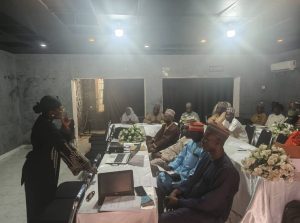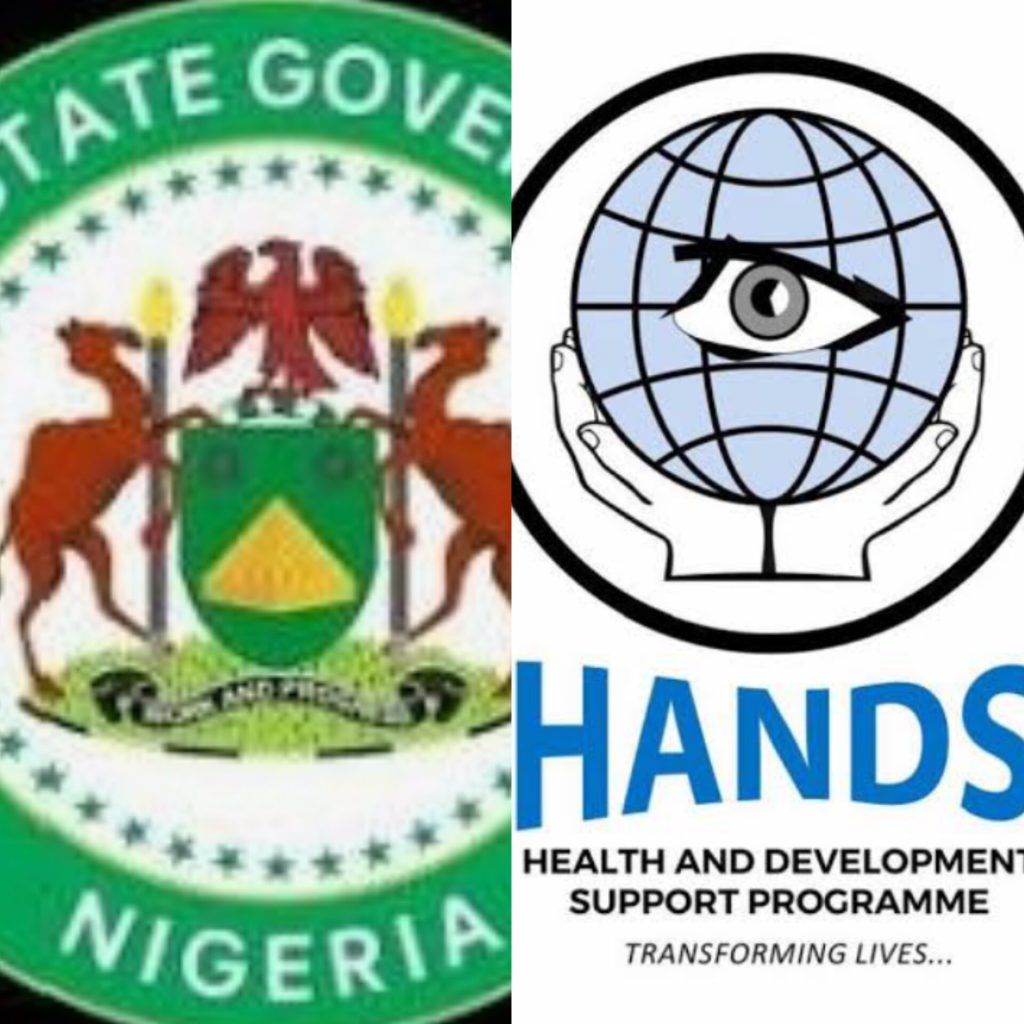Khadijah Aliyu
The Kano State Rural Water Supply and Sanitation Agency (RUWASA), in collaboration with the Health and Development Support Programme (HANDS), has organised a one-day strategic meeting to strengthen planning and coordination for Social and Behaviour Change Communication (SBCC) in the fight against Neglected Tropical Diseases (NTDs).
The meeting, held in Kano, brought together three representatives from each of the seven selected local government areas: Madobi, Kura, Kabo, Karaye, Kunchi, Rogo, and Sumaila.
RUWASA, HANDS Hold Strategic Meeting to Boost NTDs Elimination Efforts in 7 LGAs
In his welcome remarks, RUWASA Managing Director, Engr. Shamwilu Abdulqadir Tsamiya, represented by RUWASA Mobilisation Manager, Ahmad Shamaki, said the gathering aimed to clearly define stakeholders’ roles in implementing SBCC-WASH-NTDs activities.
He pointed out that discussions also focused on identifying effective strategies, setting timelines, and establishing monitoring mechanisms to achieve the goal of NTD elimination in Kano State.
He emphasised the need for continuous communication among partners, sharing program updates, and fostering synergy to sustain the fight against NTDs.
In his remarks HANDS Kano Team Lead, Adara Danjuma Priestly, named the five NTDs discovered in Kano to include schistosomiasis, lymphatic filariasis, onchocerciasis, trachoma, and STH.
REMAPSEN–Galien Africa Partnership to Strengthen Africa’s Health Communication, Climate Resilience
Giving the wave of their control, Adara said: “Schistosomiasis was prevalent across the 44 Local Government Areas in Kano, but intensive efforts have reduced its spread to 33 Local Government Areas.

“Onchocerciasis has remained in 18 Local Government Areas since it was discovered; trachoma has reduced from 10 Local Government Areas to 0; while STH has remained in the 17 Local Government Areas where it was found.”
The HANDS Kano LEAD, however, lamented that Karaye, Kiru, Kano, Madobi, Rogo, Sumaila, and Kura Local Government Areas have remained endemic to NTDs, insisting that urgent steps need to be taken to discourage open defecation, stagnant dirty water, and an unclean environment and lack of hygiene in those areas before the situation escalates.
According to him, Kano state is currently grappling with numerous challenges hindering the comprehensive elimination of NTDs through Water, Sanitation, and Hygiene (WASH) initiatives.
“These challenges include the lack of coordination and information sharing between the WASH and NTDs sectors, insufficient capacity among health workers and professionals to deliver comprehensive information on NTDs-WASH collaboration.
In a presentation titled Overview of the NTDs SBCC the program manager, HANDS Juliet, identified major catalysts of NTDs, including open defecation, drinking untreated water, walking barefoot in dirty or wet areas, ignoring deworming campaigns, leaving water containers uncovered, and neglecting personal hygiene.
She urged communities not to stigmatize affected persons or believe harmful myths, stressing that behavioral change is crucial to achieving lasting prevention.
Participants, including Umar Haladu, Head of WASH in Getso LGA, and Nasiru Usman Kunya of Karaye LGA, described the meeting as timely and pledged full commitment to implementing the agreed action plan.





